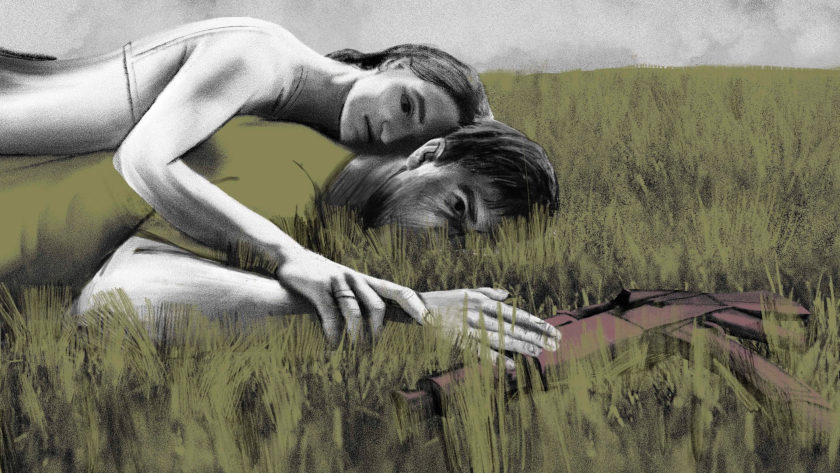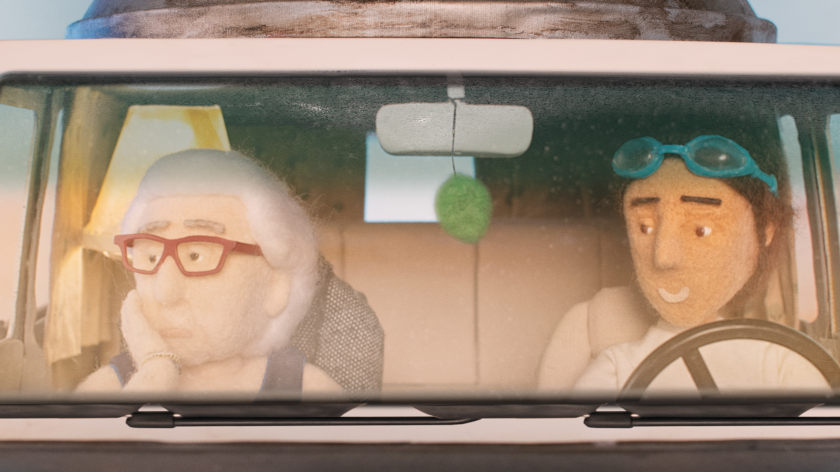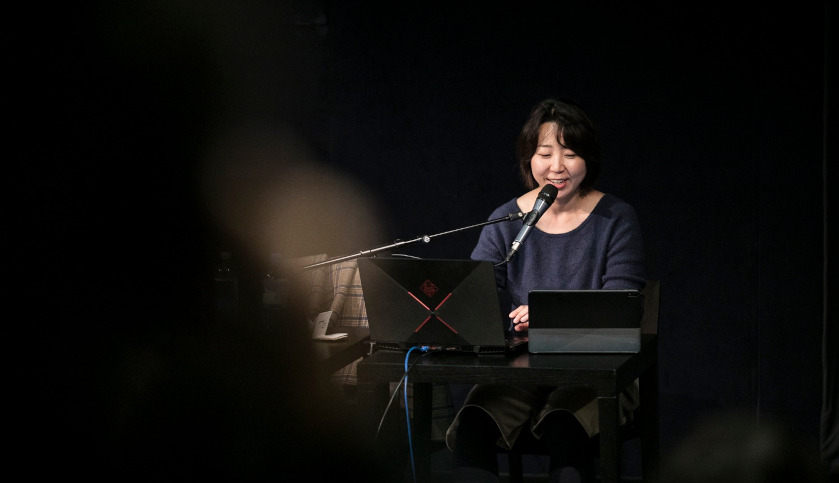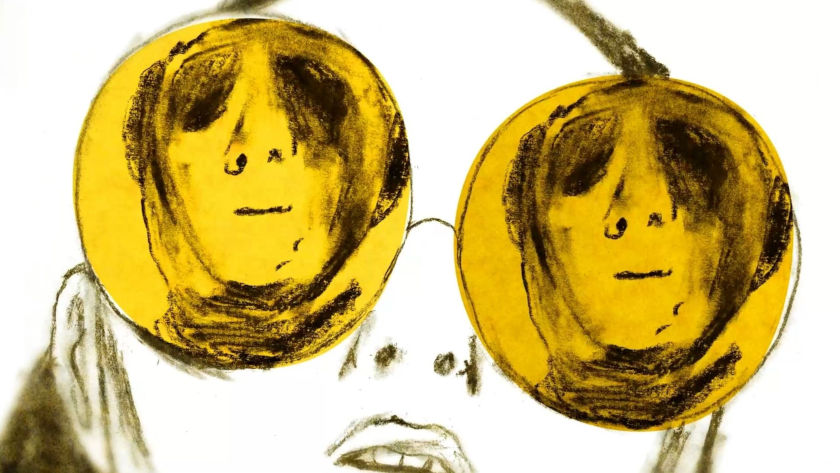A Single Market for Central Eastern European Animation Industry
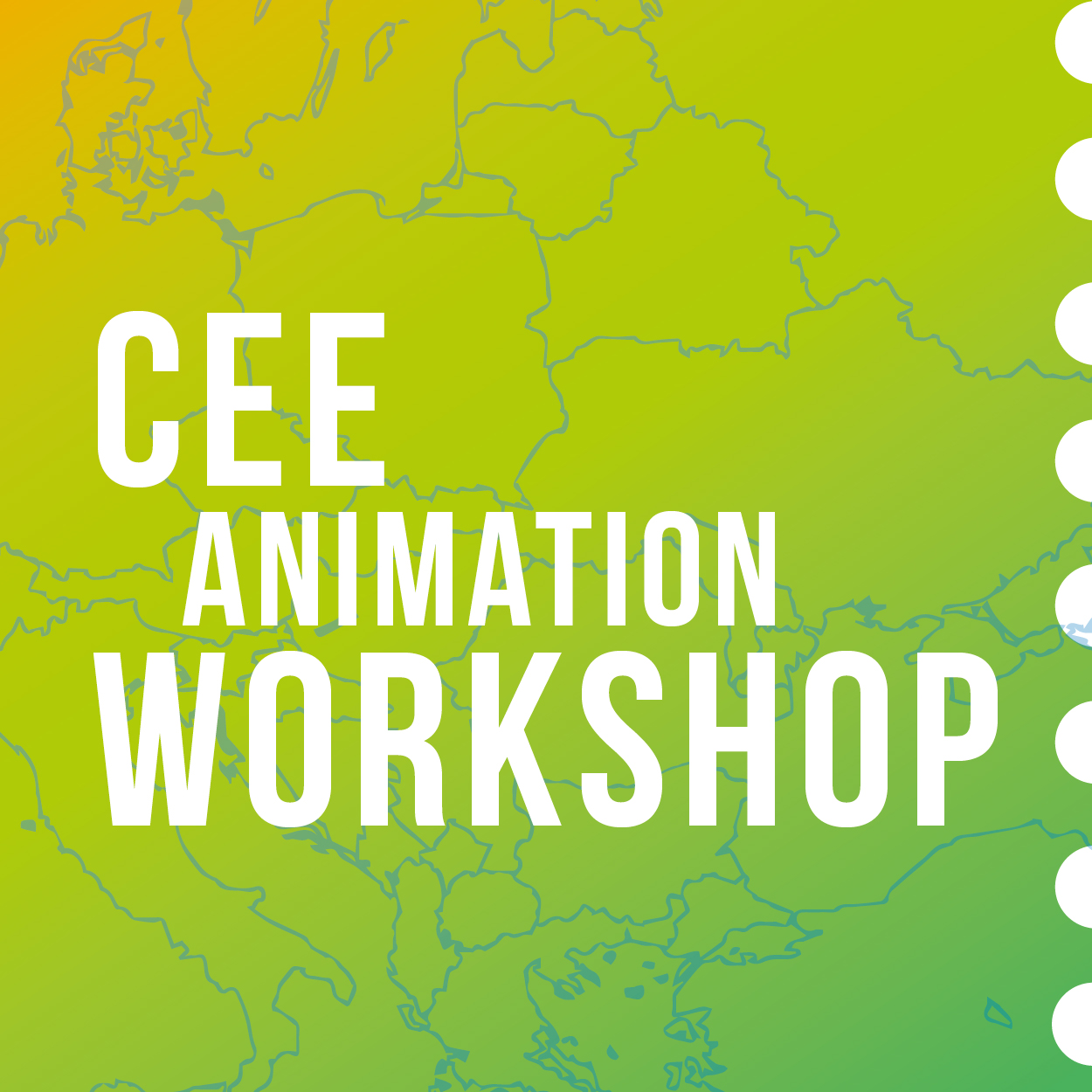
Following this year's European Commission developed an Animation Plan, a new initiative titled the CEE Animation Workshop is striving to capture this potential by bringing together independent animated film producers from a total of eighteen countries and showing producers from the CEE region the latest international animation industry trends.
The initial idea to connect independent animated film producers from the CEE region (Central and Eastern Europe) emerged in autumn 2016 within Visegrad Animation Forum discussions, an international platform that has been connecting producers for the past , and the idea to organize this one-off event was immediately accepted by Creative Europe Desk (CED) representatives.
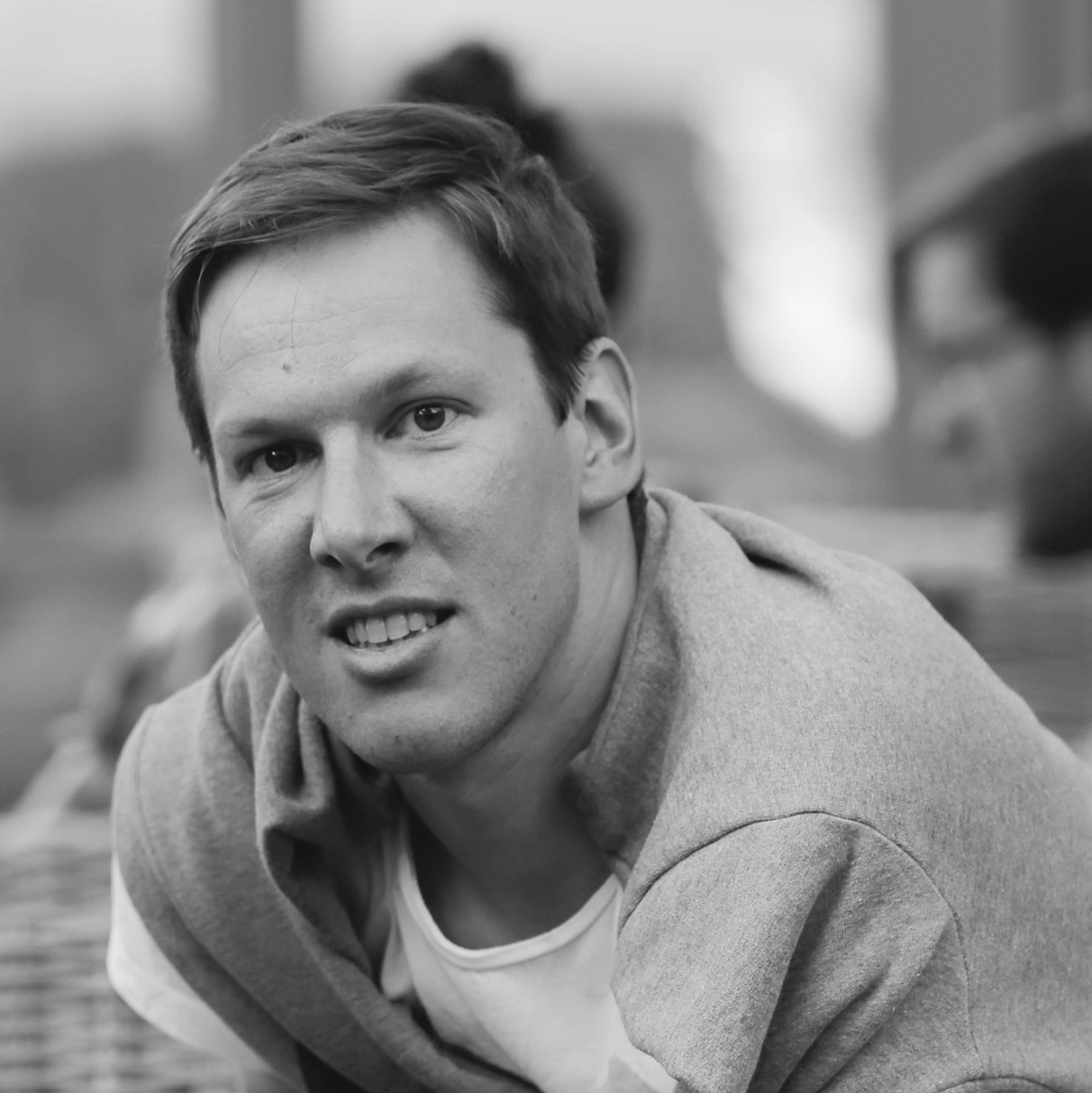 The first idea behind organizing the CEE Animation Workshop was to make our network of producers from the Central and East European countries bigger and more structured, CEE Animation Workshop organizer Juraj Krasnohorsky tells Zippy Frames.
The first idea behind organizing the CEE Animation Workshop was to make our network of producers from the Central and East European countries bigger and more structured, CEE Animation Workshop organizer Juraj Krasnohorsky tells Zippy Frames.
Producers come each year to VAF Třeboň to pitch their projects, so the network exists already. But we felt that they need to spent more time together and get to know each other better, in order to start working together systematically and more efficiently. We have selected 26 advanced producers from 19 countries, based on criteria of experience. These are producers who have a potential and desire to co-produce. In the last couple of years, in discussions that we had around the Visegrad Animation Forum, we definitely identified co-production as a key factor to building a stronger industry of animated film in our countries. Ideally, a co-production is sharing know-how, sharing talent and man-power and sharing the costs, with the aim of making a better film or series.
And, at the same time, it is a guarantee that the finished work will be distributed in at least all the co-producers' countries. But good co-production is based on trust, on a shared taste, on mutual sympathy and recognition of the partner's professional attitude and skills. The skills are therefore another side to the CEE Animation Workshop. We want to give producers some expert tools and show them recent trends in the market, to help them work more efficiently. So networking and know-how, these are the two main objectives of the CEE Animation Workshop.
ZF: What is the difference from the already existing Visegrad Animation Forum that takes place in Trebon?
JK: VAF Třeboň is mainly a pitching event, it is dedicated to the projects of animated short films, TV series and TV specials in development and web series, competing in two pitching categories, shorts during one day, TV series and TV specials together during a second day. The difference with CEE Animation Workshop is that in Ljubljana the producer is in the spotlight, as opposed to a single project. Producers come there to present their whole slate of projects, or more precisely themselves - who they are, what they do and what they would like to work on in the future. The aim is for the producers to better know each other, find common interests and learn about their production capacities in their respective countries.
We would like the producers also to start using the advanced tools they might learn at the workshop from internationally recognized experts in the field of marketing, broadcasters, sales, co-productions and financing. These are the topics we will tackle in plenary sessions, smaller group-works and discussions. In addition, the producers will have one-to-one meetings of half an hour each, with the experts or participants of their choice.
The idea is more about how to overcome certain shortcomings that are characteristic for our region, so that we start to be as efficient and successful in co-production and in the MEDIA or Eurimages programmes as our Western counterparts. And joining forces is definitely a good strategy. But joining forces not only to produce, but also to distribute and sell the animated content. There is a big potential in the CEE region if we start seeing it as a marketplace for our content. Our TV series do not travel enough; we have to find a way to change that. One possible way would be to produce it in larger co-productions, with 2, 3 or 4 broadcasters involved. And who says several broadcasters, says Creative Europe MEDIA TV programming scheme. You see, it all comes together.
ZF: Is there any room for other countries who are not currently listed there, from the region to participate, and who would be your main contact point in this case? Creative Desk representatives from each country, or individual producers/professionals?
JK: It is perfectly reasonable to start speaking already now about neighbouring countries of the CEE region. For example Austria and some regions of Germany (as they financing systems are divided in regions, for example Mitteldeutschland with its MDM fund). We had projects from these countries in the VAF pitching competitions in Třeboň. The authors themselves feel there is a co-production potential, so they natural turn towards the CEE region. We actually have one participant from Germany in Ljubljana, who has been through VAF Třeboň and is active in our region. The Creative Europe Desks will always be helpful with spreading the information. But in order to build a strong cooperation within the network, the producers need to get involved, and ideally producer's associations. That's why we encourage producer's associations to be created in each country and joining VAF. A lot can be done in the future in such a structure.
The programme for the CEE workshop inlcudes a 3 full days plus one arrival day and one departure day (half-day programme). On the arrival day, each participant will present himself/herself, their company and projects in front of everyone else as a personal pitch. Also,l atest industry data from each of the 19 countries -with the help of the Creative Europe Desks-have been collected, and will be accordingly presented, so that everyone has the latest overview of systems of support and the size of the industry in each country.
The workshop has essentially 3 types of programme: plenary sessions, where one or more experts present a topic in front of the audience of participants. Group works, where participants are divided into smaller groups led by the experts with a discussion on specific topics, involving a hands-on experience of the participants, as well as their needs to discuss specific things. The third part are networking one-on-one meetings. Each participant will have 12 half-an hour meetings, in addition to the free time during meals and in the evenings. Experts will be available for participants not only as lecturers, but also in group works and for personal meetings.
One of the panel presentations is open to the professional public of Animateka Pro and the winning project from the Animateka Pitch will have the opportunity to be presented again in front of the producers-participants of the CEE Animation Workshop.
A one-off event at the moment, CEE Animation Workshop has the potential to become a bi-annual workshop event, according to CEE organizer Juraj Krasnohorsky.
FACTS AND TESTIMONIALS REGARDING CEE ANIMATION WORKSHOP
- Engagement of a total of nineteen national Creative Europe Desks – MEDIA offices (Albania, Bosnia and Herzegovina, Bulgaria, Croatia, Czechia, Georgia, Estonia, Hungary, Latvia, Lithuania, Macedonia, Moldova, Montenegro, Poland, Romania, Serbia, Slovakia, Slovenia and Ukraine)
- The CEE Animation Workshop is intended to facilitate development of the necessary linkages within our market and encourage collaboration within our region, while also helping our market become an adequate partner for Western Europe – whether in the animated work production phase, through co-productions or subsequent distribution - Pavlína Kalandrová, Head of Czech Creative Europe Desk.
- We are convinced that through better use of the potential for collaboration between producers in our region, our applicants will be more successful in Creative Europe MEDIA EU programme. That is one of the reasons why so many Creative Europe – MEDIA Desks are taking part in the project - Sabina Briški Karlić, head of the Slovenian Creative Europe Desk.
- Head of studies of the workshop is Linda Beath, who has provided film advisory services and trained film producers across Europe for many years.
- Workshop Lecturers:
- Irish producer Siun Ni Raghallaigh, the CEO of Ardmore Studios, one of the founders of Troy Studios.
- Moe Honan, CEO of Moetion Films Ltd. Her studio was recognized as the 2016 Producer of the Year at Cartoon Movie and has co-produced many animated films, including award-winning full length feature films such as Two By Two – Ooops! The Ark Has Gone (aka Ooops! Noah Is Gone)
- Film marketing expert Mathias Noschis. With his company Alphapanda, he has developed online PR and social media campaigns for Lego Ninjago, Kung Fu Panda 3, Ice Age: Collision Course, Toy Story 3 and Rango, currently working on th Polish feature animation Another Day of Life.
- Richard Rowe, Director of International Acquisitions and Co-productions at DHX Media. Having spent the first 12 years of his career at Turner Broadcasting, he recently founded Rowe Media to provide consultancy services to the children’s television industry.
- Maciej Chmiel, Vice Head of Sales & Acquisitions Department of TVP (Polish National Broadcaster).
-
A joint statement (the Ljubljana Accord) will be signed during CEE workshop from cinematographic funds and representatives of TV broadcasters calling for greater support of the animation industry. It will include a description of the specific conditions for production of animated works in the CEE region, and draft improvement strategies aimed at developing a competitive animated film industry – both nationally and internationally.
- Accompanying programme (5 December): Workshop/case study presentation and screening of the Irish-German-Luxembourg-Belgian co-production Ooops! Noah Is Gone feature. Producers Moe Honan and Siun Ni Raghallaigh will unveil the feature film development process, starting from the search for possible financing and co-production partners to subsequent distribution of the animated work (now sold in 120 countries, including China and Netflix sales).
- The CEE Animation Workshop will be held from 2 to 6 December 2017 at the Animateka International Animated Film Festival taking place in Ljubljana from 4 to 10 December, 2017.
Workshop organizers:
Creative Europe – MEDIA Desks from 19 countries
Creative Europe is the EU programme supporting audiovisual industry and the cultural and creative sectors in the period 2014–2020. The programme aims to create a single framework for financing projects in the performing arts, visual arts, literature and publishing, film, television, music, interdisciplinary arts, cultural heritage and video games, and to leverage synergies between different sectors, increasing the effectiveness of the support provided.
→ https://ec.europa.eu/programmes/creative-europe/
Visegrad Animation Forum
The Visegrad Animation Forum (VAF) is a platform intended to strengthen the animation industry in the Central and Eastern European region. The main objective is to create opportunities for meetings of producers, studios, TV broadcasters and film distributors leading to co-operation on animation projects. The core of the VAF agenda is a pitching competition with two categories: short film and series/TV specials. Participants have a unique opportunity to attract foreign producers, facilitating further development of the project and momentum towards realization. The competitive part is accompanied by professional workshops on topics relating to the financing of development, production and distribution of animated films and series.
→ http://visegradanimation.com/
Slovenian Animated Film Association
Slovenian Animated Film Association (:D'SAF!) unites professionals (producers, directors, animators, designers, screenwriters, festival programmers, etc.) working in animated film, as well as experts in related fields, public and private organizations, students and enthusiasts. Its primary goals are to further the development and recognition of the art of animated film nationally and internationally.
→ http://cargocollective.com/animirani-film/ABOUT-D-SAF/
Motovila Institute
Motovila, Centre for the Promotion of Cooperation in the Cultural and Creative Sectors (Motovila Institute) is a non-governmental and non-profit institute based in Ljubljana. It focuses on encouraging international collaboration in the cultural and creative sectors and related complementary sectors. Its aim is to facilitate international connections of cultural and creative operators as well as to equip them with skills necessary for a successful access to cooperation opportunities available within the EU and other international mechanisms. As part of those activities, Motovila runs the Creative Europe Desk (CED) in Slovenia, a national info point for the promotion of the Creative Europe Programme, with the support of the Ministry of Culture of the Republic of Slovenia and the European Commission.
→ http://ced-slovenia.eu/en/motovila-institute/
Animateka International Animated Film Festival
Animateka, a week-long international festival of animated film, takes place every year in Ljubljana’s Kinodvor and Slovenian Cinematheque. It focuses primarily on the most recent Eastern and Central European short film productions. European student films and International children’s films will also be presented in competition programmes. The festival, supported by the Creative Europe MEDIA Programme, includes a wide range of historical and thematic programmes offering audiences insight into the inception and development of animation and giving them an overview of the best contemporary short and feature animated films on a worldwide scale.
→ http://www.animateka.si/2017/en/
Slovenian Animated Film Association
Slovenian Animated Film Association (:D'SAF!) unites professionals (producers, directors, animators, designers, screenwriters, festival programmers, etc.) working in animated film, as well as experts in related fields, public and private organizations, students and enthusiasts. Its primary goals are to further the development and recognition of the art of animated film nationally and internationally.
→ http://cargocollective.com/animirani-film/ABOUT-D-SAF/
Motovila Institute
Motovila, Centre for the Promotion of Cooperation in the Cultural and Creative Sectors (Motovila Institute) is a non-governmental and non-profit institute based in Ljubljana. It focuses on encouraging international collaboration in the cultural and creative sectors and related complementary sectors. Its aim is to facilitate international connections of cultural and creative operators as well as to equip them with skills necessary for a successful access to cooperation opportunities available within the EU and other international mechanisms. As part of those activities, Motovila runs the Creative Europe Desk (CED) in Slovenia, a national info point for the promotion of the Creative Europe Programme, with the support of the Ministry of Culture of the Republic of Slovenia and the European Commission.
→ http://ced-slovenia.eu/en/motovila-institute/


